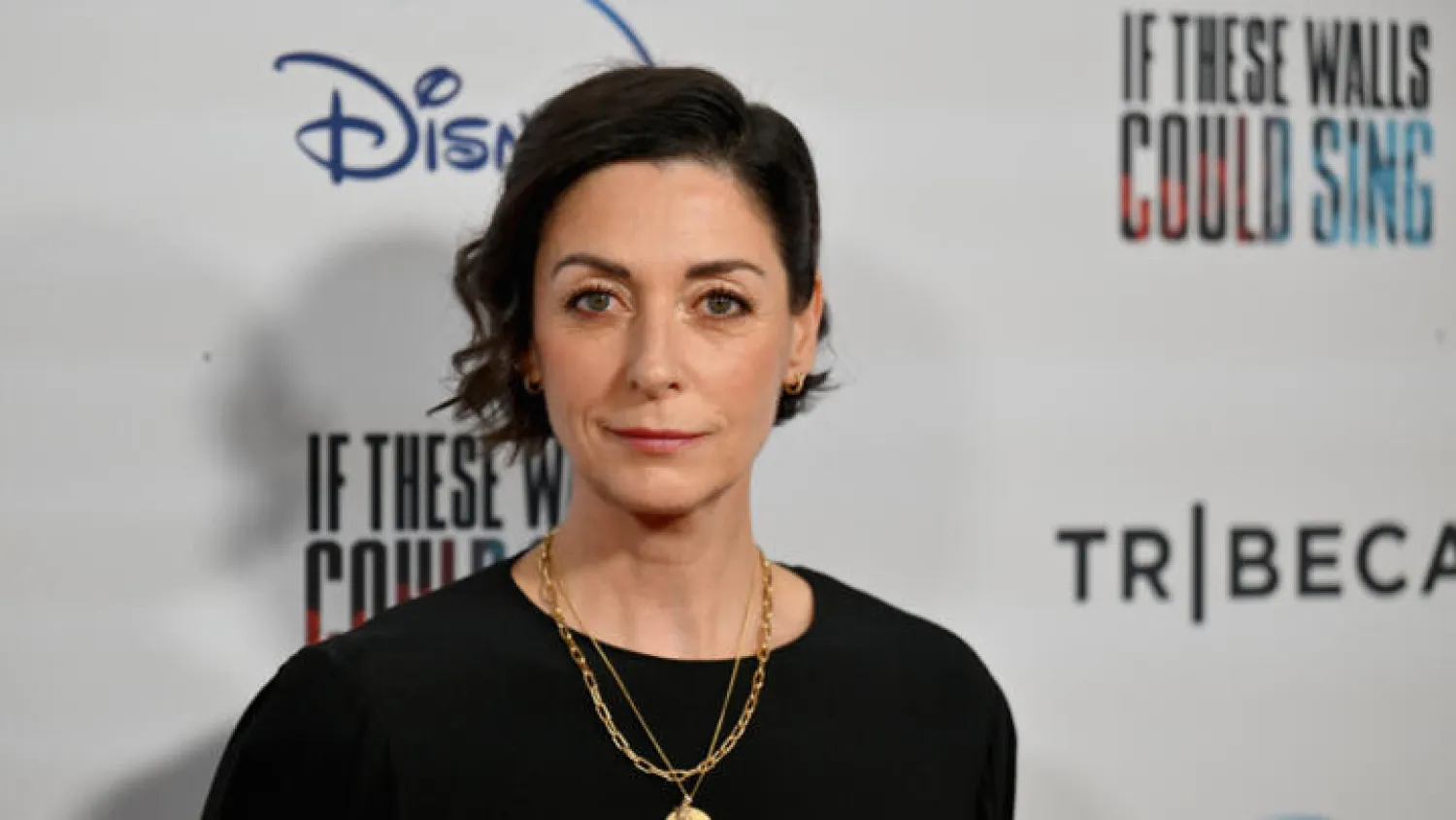The daughter of pop megastar Paul McCartney has given an intimate peek into the hallowed halls of Abbey Road, the studio where he -- and many other music stars -- recorded masterpieces.
Mary McCartney directed the new documentary, "If These Walls Could Sing", which gets a worldwide release on Disney+ on January 6 after premiering in North America in December.
The London studio gave its name to arguably The Beatles' most beloved record, 1969's "Abbey Road", and it was on the nearby zebra crossing that the Fab Four shot their legendary cover photo.
"I have a personal connection with the studio," Mary McCartney told AFP.
"I grew up coming here, we lived nearby. I have a very funny picture that I love -- my mum (Linda McCartney) leading a pony across the zebra crossing."
Inevitably, The Beatles occupy a major part of the 90-minute documentary, since they recorded no less than 190 of their 210 songs there.
But Abbey Road has a long history, established in 1931 by record company EMI.
Initially dedicated to classical music, it had cutting edge technology for the time, and was used by composer and conductor Edward Elgar shortly before his death in 1934.
"So many people come to Abbey Road to the zebra crossing but don't come inside because it's a busy working studio, so I wanted to bring the viewer inside," said McCartney.
The studio became "the bunker" for The Beatles after the hysteria surrounding the group led them to quit touring in 1966, recalls Giles Martin, son of their producer George Martin, in the film.
Many stars have since sought to tap into the magic of the place, from Elton John and Pink Floyd to Led Zeppelin and Oasis -- all of whom feature in the new film.
"Each person tells a different story, different aspects of what makes Abbey Road a whole," said Mary McCartney.
Beatles fans have been spoiled recently, with the new documentary coming little over a year after "Get Back" in which director Peter Jackson painstakingly reworked footage of the band writing and rehearsing the album "Let it Be", including their famous performance on the roof of Abbey Road.









